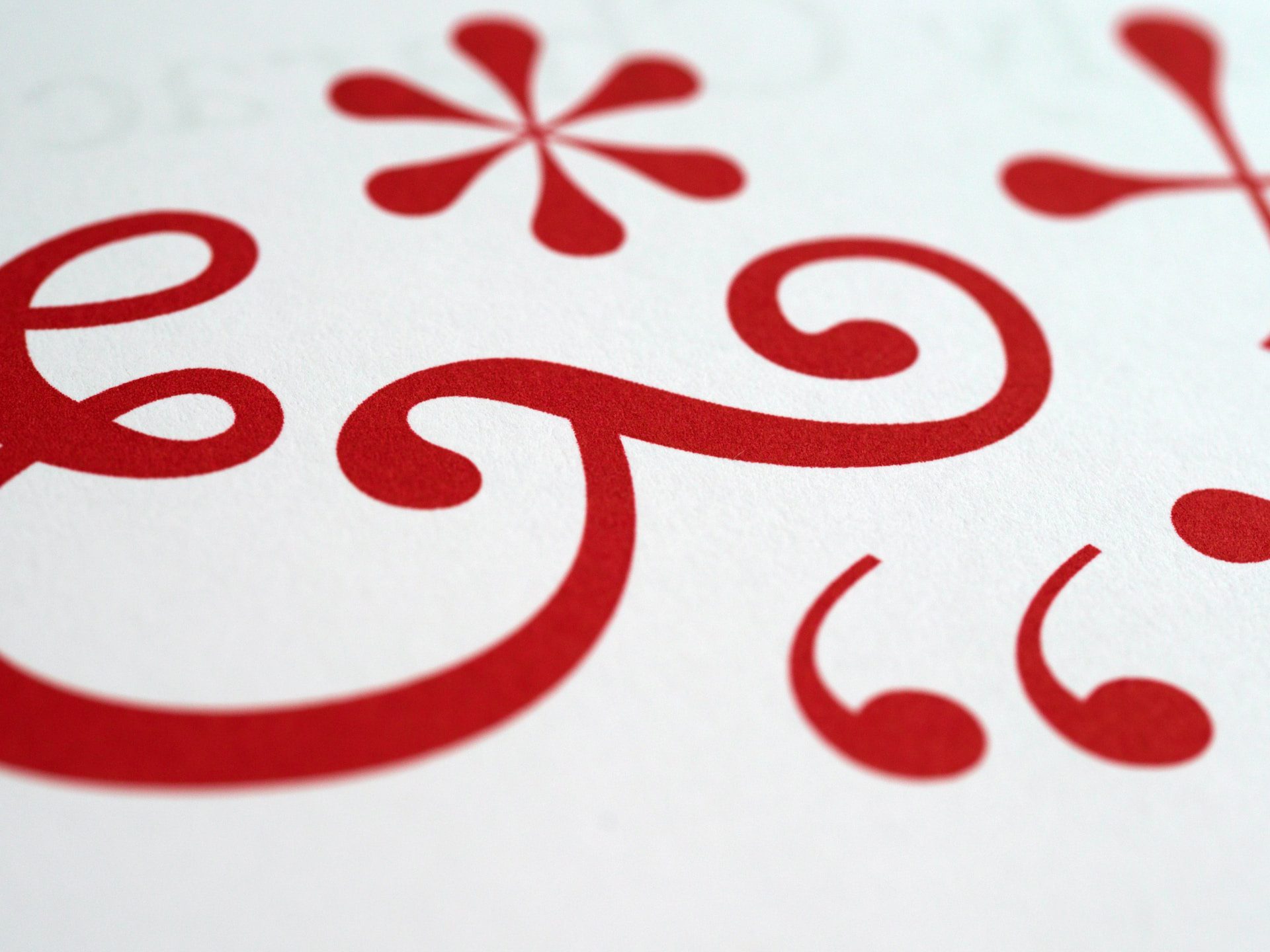
Why I Love My Morning Pages

In the book The Artist’s Way, by Julia Cameron, one of the exercises recommended for stimulating creativity is writing morning pages. This writing advice can help clear your mind and leave your creativity free.
Morning pages are not meant to be high art or even ‘writing’ in the strictest sense of the word. They’re about anything and everything that crosses your mind — no wrongs, no rights, just write. They are strictly stream-of-consciousness.
Sit down first thing in the morning, before you do anything else and write down anything that comes into your mind. That means don’t check your email or social media or attempt to do serious work first.
“Progress, not perfection, is what we should be asking of ourselves”
Julia Cameron, The Artist’s Way
I love this exercise, although I have my own special way to do it.
I do my morning pages before I do anything else. I start with a brain dump into my journal, writing down whatever is on my mind. If I haven’t done the exercise in a while, that ends up being a lot!
Sometimes what I write has to do with my novel. Other times, things that I’ve been thinking or worrying about. Sometimes I write about my novel and work through plot problems.
Most times, what I’m writing about has nothing to do with my novel at all, but rather about what’s keeping me from my novel. I may write about financial concerns, an interpersonal issue with a friend, or something that brings me joy. In short, I put down everything that I’m thinking of, whether it’s positive or negative. In fact, I usually do my best to make sure that I’m not placing judgment on my feelings, just writing them down.

Why are morning pages useful?
Mental decluttering
Not unlike a good spring cleaning, the process of writing morning pages helps to declutter your mind. It clears away the cobwebs, making room for creativity to flourish. By forcing you to articulate thoughts that you might otherwise ignore or allow to remain nebulous, morning pages can provide fresh perspectives.
It’s amazing what can emerge when your thoughts are given the space to roam free!
Overcoming perfectionism
Writing three pages of whatever comes to your mind does not leave room for perfectionism. The goal is to keep writing, not editing. In turn, it helps build a healthy habit of letting go of unattainable perfection.
Perfectionists often struggle with self-doubt and a fear of failure. They may set unrealistic standards for themselves and be overly critical of their own work. Morning pages can help perfectionists to overcome these challenges by allowing them the freedom to write without judgement, learn to accept imperfection as a natural part of the creative process and develop a writing habit that takes flaws into account.
Generating ideas
While you might start by writing about your breakfast, you may end up uncovering a brilliant plot twist for your novel or an exquisite piece of poetry. Morning pages act as a breeding ground for creative ideas.
Morning pages help clear your mind and allow for free-flowing thoughts. When you write without judgment or censorship, you are more likely to come up with new and creative ideas. You may also find that writing about your thoughts and feelings helps to spark new insights and perspectives.
Morning pages can also help you to identify problems and solutions and let you see patterns and connections that you hadn’t noticed before, precisely because you’re not looking for them. This also helps with brainstorming. When you write without judgment, you are more likely to come up with wild and crazy ideas.
Have you ever tried writing morning pages? If you haven’t, I can highly recommend building it into your daily writing routine!
Note: All purchase links in this post are affiliate links through BookShop.org, and Novlr may earn a small commission – every purchase supports independent bookstores.































I used to do morning pages quite religiously. I would swear off any type of electronics before work. However, since the pandemic, I find my schedule and rigidity around my mornings are well…non-existent. I look forward to the day I can get back to them.
I hope you can too! Maybe weekends?
I’m definitely a fan of the Morning Pages routine though I confess to allowing this to lapse in the past few weeks. Time to begin the routine again. It is a major assist to me as a writer now in my fourth novel. I suffer from headaches, but that is not an excuse, more like a reason to resume and get “stuff” out of the brain! Clear the mind so I can focus on the work to be done.
I love that mindset! I hope that it keeps helping you to use this practice!
I used to journal a long time ago. I will start again because I have a lot of ideas but I forget most of them. I am starting tomorrow.
Great! We are cheering you on in your journaling endeavors!